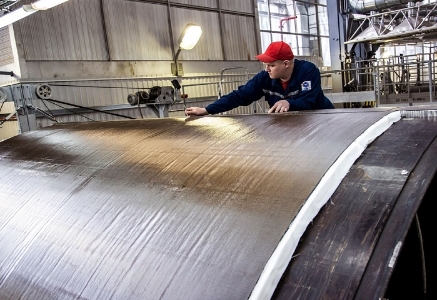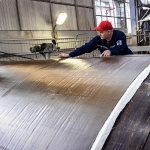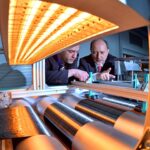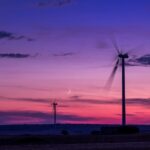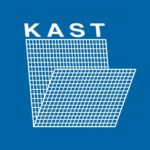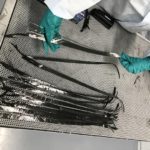Sergey Fakhretdinov, chairman of the Russian Union of Composite Manufacturers, a public association reuniting Russian leading composite producers, reports that the annual growth of the Russian composites market will be in the range of 20%-25% for the next few years. In 2017, the Russian composites market amounted to more than 50 billion rubles (700 million euros) and despite general stagnation and Western sanctions between 2014-2016 has still grown by 3.5 times since 2012. Russian Ministry of Industry and Trade analysts predict that by 2020 the market will grow to a value of more than 100 billion rubles, which means twice its current size. However, the local consumption of composites remains low, accounting for less than 1% of the overall value of products manufactured annually within the country. Special measures are now to be implemented by the Russian government involving training and the development of legislative framework for the industry. More than 400 industry’s standards and legislative acts have been adopted over the past eight years and a further 107 are expected to be approved during 2018. These will create the conditions for the more active introduction of composite materials in various industries of Russian industrial production. The Russian government is also introducing plans for the acceleration of Research and Development activities in the industry, with the establishment of a new Composite Valley as a scientific and industrial cluster in the Russian Tula region supported by Tula State University and involving leading Russian composite manufacturers.
